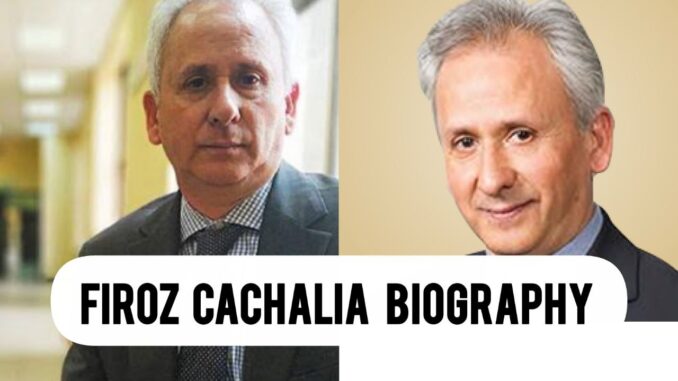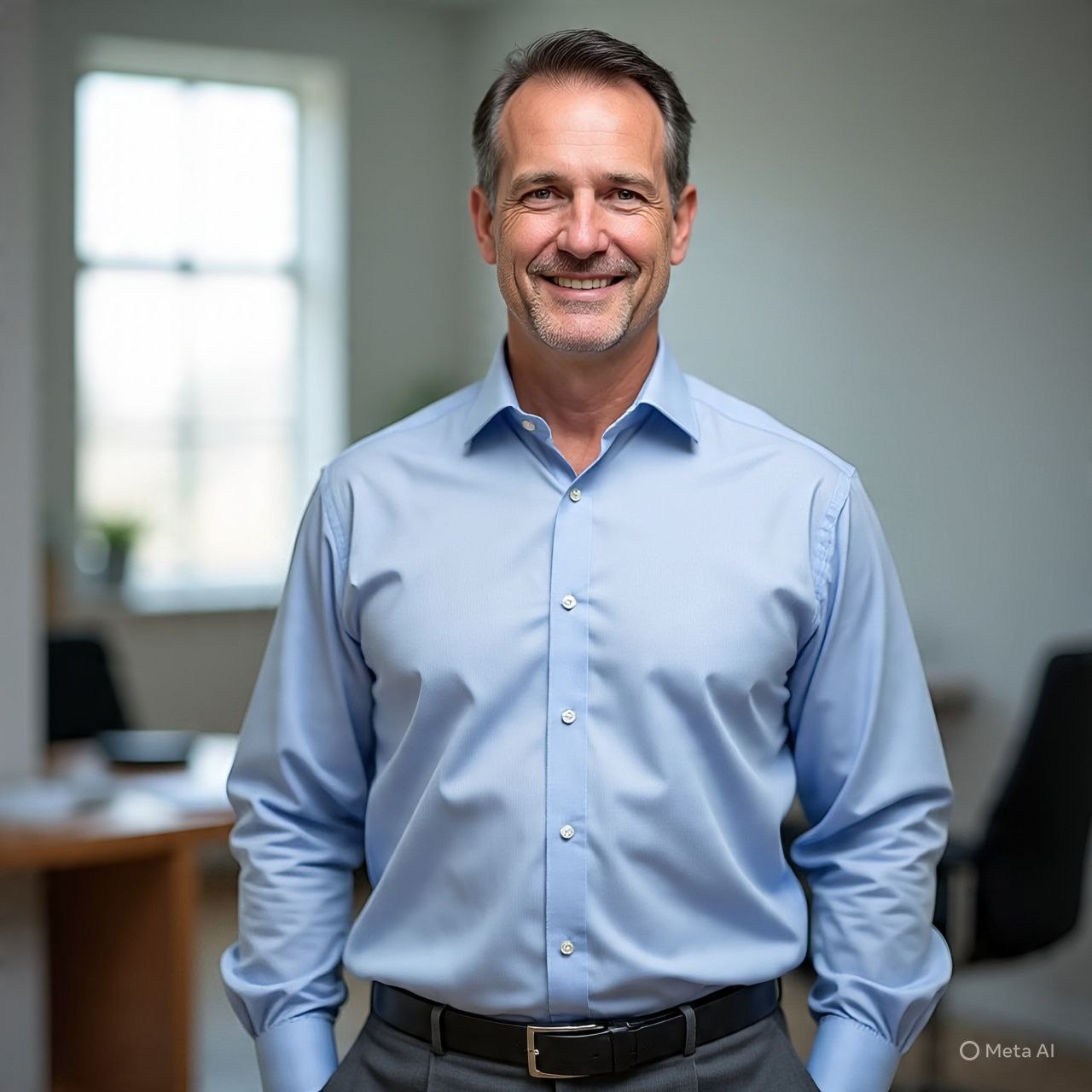
Firoz Cachalia Biography
Firoz Cachalia was born on July 22, 1958 in Benoni, Transvaal, South Africa. His father, Ismail Cachalia, was a notable activist, and his brother, Azhar Cachalia, later became a judge. Firoz pursued his early education at Wits University, where he emerged as a leading student activist in the late 1970s and 1980s. Firoz Cachalia is 67 years old as of 2025.
He participated in protests commemorating the Soweto uprising, during which he was detained and banned under the Internal Security Act. His activism continued into the early 1990s with the United Democratic Front, and he played a formative role drafting constitutional principles during the CODESA negotiations.
Firoz Cachalia Education, Activism and Career
After completing his honours and law degrees at Wits, Firoz Cachalia expanded his legal knowledge with a Higher Diploma in Company Law, also at Wits, before earning a first-class LLM from the University of Michigan in 1996. On his return, he joined the respected law firm Bell Dewar and Hall, where he honed his skills in corporate and public law. Soon after, he took on a role at the Centre for Applied Legal Studies, focusing on human rights and policy advocacy.
In 1994, as apartheid ended and South Africa prepared for democracy, Cachalia moved into public service. He was elected to the Gauteng Provincial Legislature and, by 1999, became Speaker of the house. In this role, he championed transparent governance, insisting on open debates and clear legislative records. His leadership earned respect across party lines.
In 2004, Premier Mbhazima Shilowa appointed him Member of the Executive Council (MEC) for Community Safety. Here, he led major crime-fighting initiatives, collaborating with police and community groups to reduce violence. Under his watch, Gauteng saw new partnerships for neighbourhood watch programs and improved training for officers. In 2009, he briefly shifted to the Economic Development portfolio, where he promoted small-business growth and skills development.
After leaving the legislature in 2010, Cachalia returned to academia at Wits Law School. As a professor and director of the Mandela Institute, he taught constitutional law and oversaw research on social justice. His insights bridged theory and practice, preparing students to become active, ethical lawyers.
In 2012, President Jacob Zuma named him a non‑executive director of the South African Reserve Bank, where he contributed to financial governance and regulatory oversight. A decade later, in August 2022, President Cyril Ramaphosa tapped Cachalia to chair the National Anti‑Corruption Advisory Council (NACAC). In this capacity, he drafted proposals for an independent anti‑corruption body, public inquiry rules, and stronger citizen oversight—key steps in restoring trust in public institutions.
His career arc reached a new peak in July 2025, when serious allegations rocked the Police Ministry. Following the suspension of Police Minister Senzo Mchunu amid claims of interference and syndicate infiltration, President Ramaphosa announced that Professor Firoz Cachalia would serve as Acting Minister of Police. He was entrusted with leading a crisis‑response commission, working alongside Acting Deputy Chief Justice Mbuyiseli Madlanga to uncover wrongdoing and recommend reforms.
Firoz Cachalia Family and Personal Life
Firoz Cachalia grew up in a family that valued faith, education, and civic duty above all else. Firoz Cachalia is married to Nazira. His brother’s judicial career and his father’s activist legacy pushed him to uphold constitutional values and non‑racialism. While he rarely discusses his marital status or children in interviews, he speaks openly about the lessons learned from his childhood in Benoni—how detention orders taught patience, how public banning sharpened his courage, and how solidarity movements showed the power of community.
Cachalia’s personal values shine through his community involvement. He volunteers with organisations that support underprivileged youth, advising them on career choices and civic engagement. These efforts reinforce his belief that social change begins at the grassroots level. Through both his public and private actions, Firoz demonstrates that a life dedicated to justice can also be rich in compassion and human connection.
Firoz Cachalia Appointment
Firoz Cachalia’s appointment as Acting Minister of Police on July 14, 2025, marked a critical moment in South Africa’s fight against corruption and crime. The decision followed explosive allegations by KwaZulu‑Natal provincial police commissioner Lt‑Gen Nhlanhla Mkhwanazi, who claimed a powerful syndicate had infiltrated law enforcement and that Minister Senzo Mchunu had interfered with investigations. The president’s televised announcement explained that Cachalia would lead a judicial commission of inquiry, chaired by Acting Deputy Chief Justice Mbuyiseli Madlanga, to probe these serious claims.
The move drew mixed reactions. Opposition parties demanded a full parliamentary inquiry before any interim ministerial appointment, arguing that the constitution required broader legislative oversight. Some critics questioned why an academic and former MEC, rather than a police insider, was chosen for the role. However, legal scholars and the presidency underscored that the constitution allows temporary appointments and praised Cachalia’s deep legal expertise, ethical standing, and anti‑corruption track record. They noted his NACAC leadership and Reserve Bank directorship as proof of his capacity to handle complex national challenges.
Immediately upon taking office, Cachalia convened senior police leaders and civil society representatives. He pledged transparency, calling for public submissions to the commission and regular progress updates. His first public statement stressed that restoring trust in the police was essential for social stability and economic growth. Within days, he ordered an independent audit of police interference allegations and set a timetable for the commission’s interim report. These swift actions signaled his determination to address wrongdoing decisively.
Beyond the immediate inquiry, Cachalia advocated structural reforms. He recommended creating a Chapter 9‑style independent body to oversee police conduct, mandating open hearings for allegations of abuse, and empowering citizen watchdog panels in every province. Drawing on his NACAC experience, he proposed legal amendments to close loopholes that allowed syndicates to exploit sensitive investigations. This holistic approach aimed not only to uncover past failures but also to build lasting safeguards against future misconduct.
Conclusion
From his early activism in Benoni to drafting constitutional principles at CODESA, and from leading safety initiatives in Gauteng to guiding national anti‑corruption policy, Firoz Cachalia has blended principle with practice. His appointment as Acting Minister of Police at a time of crisis underscores the trust placed in his legal mind and ethical compass. As he steers the commission of inquiry and pushes for systemic reforms, his work offers a roadmap for nations struggling to balance security with accountability.
FAQs
who is firoz cachalia?
Firoz Cachalia is a South African lawyer, academic, and former provincial politician born on 22 July 1958 in Benoni. He played a key role in anti-apartheid activism and has held significant public and academic positions.
what roles has cachalia held in government?
He served in the Gauteng Provincial Legislature from 1994, rising to Speaker in 1999, MEC for Community Safety (2004–2009), and MEC for Economic Development (2009–2010). In July 2025, he became Acting Minister of Police.
what is his academic background?
Cachalia holds a BA (Hons), LLB, and Higher Diploma in Company Law from Wits University, plus a first-class LLM from the University of Michigan. He is a professor at Wits Law School and directed the Mandela Institute.
what is the National Anti‑Corruption Advisory Council?
The NACAC, chaired by Cachalia since 2022, advises the government on anti-corruption measures. It recommends independent oversight bodies, public inquiry protocols, and citizen watchdog mechanisms.
why was he appointed Acting Minister of Police?
Following allegations of police interference and criminal syndicate infiltration, President Ramaphosa named Cachalia to lead a judicial commission of inquiry and restore public trust through transparent reform.

Donald George holds both a Bachelor’s and a Master’s degree in Fine Arts and has spent the past decade honing his craft in Astrophotography and Origami. He has authored numerous academic papers on astrophotography techniques and the art of paper folding, and his work is frequently cited in specialist journals. With ten years of hands‑on experience, Donald combines his artistic vision and technical expertise to push the boundaries of both traditional fine art and Astrophotography.
Leave a Reply